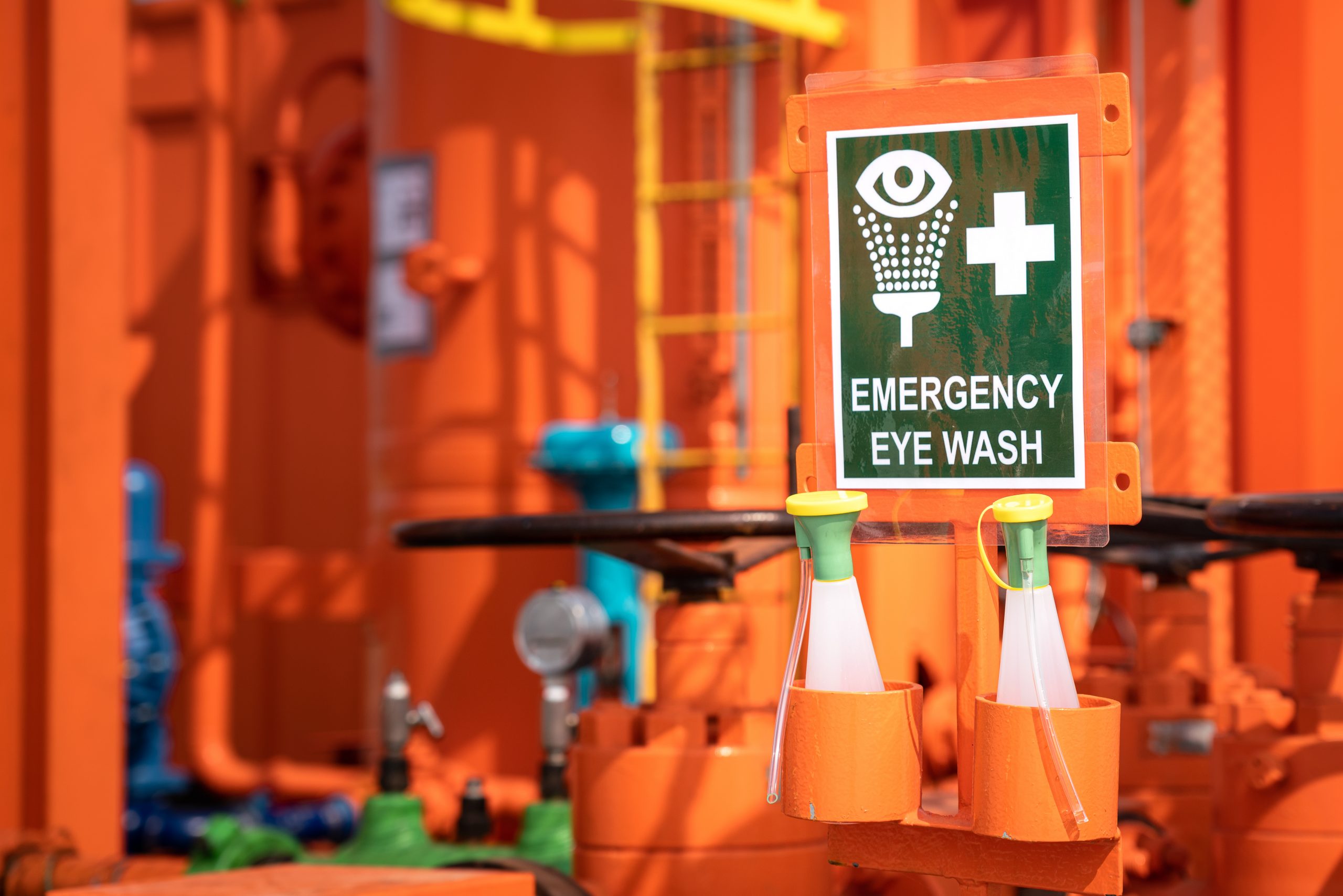Across America, several states are opening back up for business, and others are returning construction work to “essential” status. That means thousands of construction workers are headed back to job sites. However, the world they left may be different than the one they are walking into. There will be a lot of restrictions including but not limited to:

- Varying levels of social distancing on job sites to maintain 6 feet distances, and being around no more than ten people at a time.
- Staggered start and stop times to keep fewer people from interacting with one another.
- Assign dedicated cleaning teams to sanitize surfaces and tools throughout the day.
- Office staff and managers working remotely as essential field personnel works onsite.
- Zero handshaking or other contact greetings.
- No congregating in lunch areas during lunch or break periods.
- No food vendors allowed on the job site.
- Necessary meetings should be performed outdoors in large, open areas.
- No circulating of clipboards, paper, or pens for any purpose
Additionally, companies may ask workers before starting a shift to self-certify with their supervisor the following:
- They have not had close contact with a person who has tested positive for COVID-19. Close contact also means living in the same household with someone who cares for a person who has tested positive for COVID-19 or being within 6 feet of anyone who tested positive for 15 minutes or longer.
- They have no signs of fever or a measured temperature above 100.3 degrees or higher, a cough, or trouble breathing within the past 24 hours.
- Have not been asked to self-isolate or quarantine by their doctor or local public health official.
While on the job site:
- Do not use a common watercooler. Workers should bring their water, or the company can provide bottled water.
- Wash hands every 30 minutes. Water and soap stations or hand sanitizers should be readily available. Workers should wash hands for at least 20 seconds, and soap and water are preferable over hand sanitizer.
- Utilize disposable hand towels over rags, and do not touch trash receptacles.
- NEVER share tools or personal protective equipment (PPE).
One other helpful tidbit is that workers should change work clothes before arriving home at the end of the work shift. All work clothing should be shaken out and separated from regular clothing. Immediately wash work clothing with sanitizing detergent and warm water immediately. Construction work is vital to America. While these restrictions are inconvenient and perhaps burdensome, they are designed to keep all workers safe, productive, and gainfully employed.







